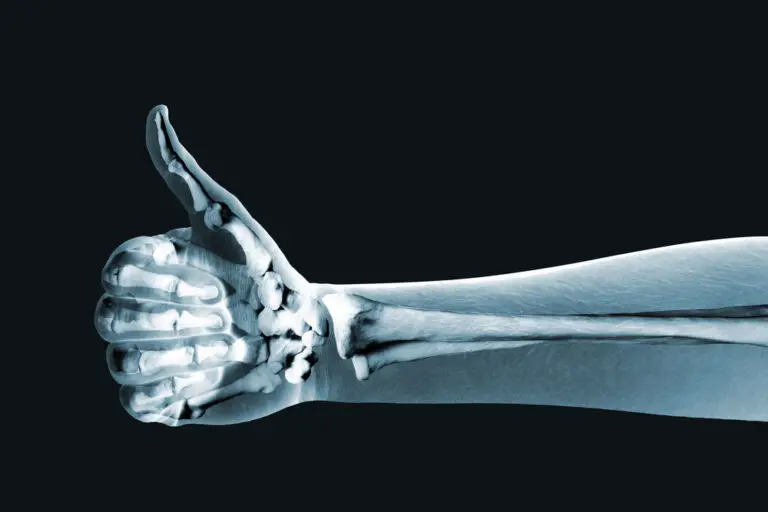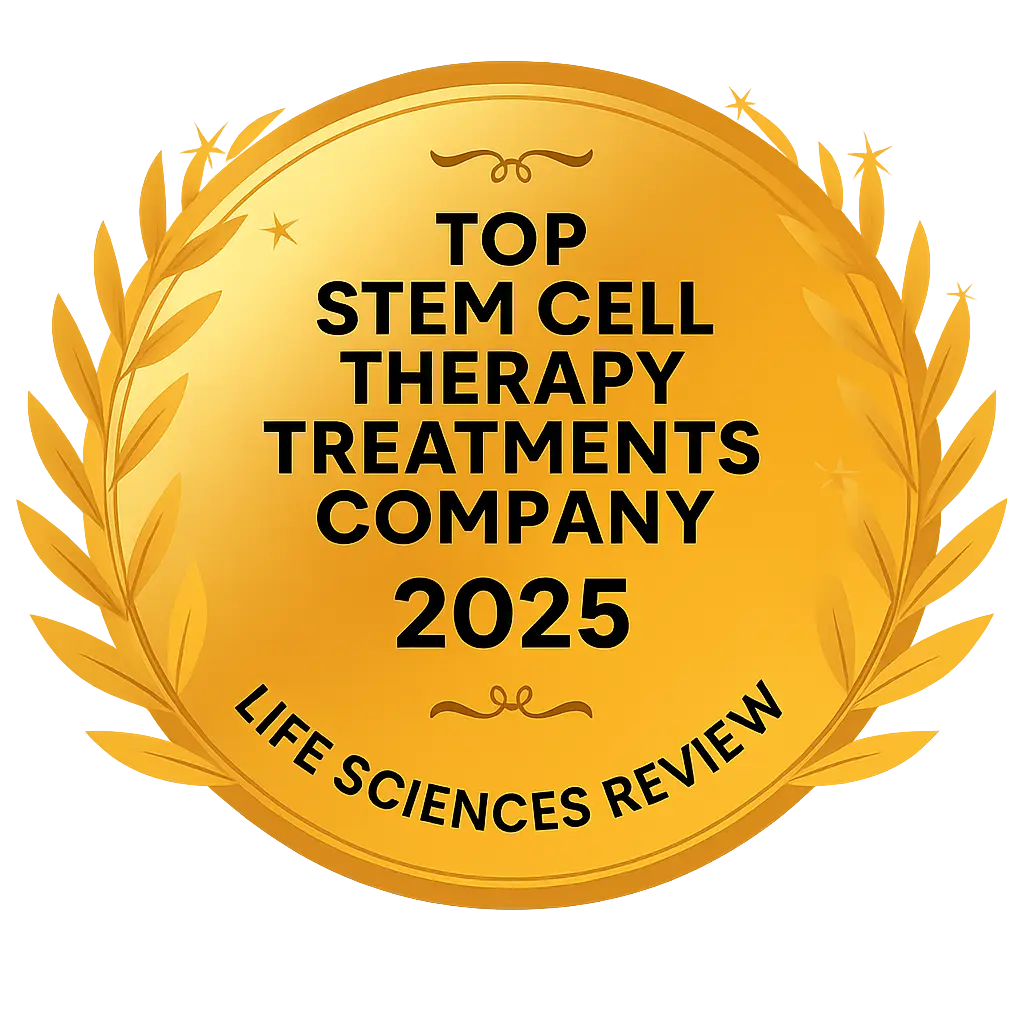ArthritisCOPDCosmetic SurgeryNewsStem CellStem Cell TherapyUncategorized

- Innovations Medical
🏆
★ AWARD WINNING ★
Best Stem Cell Clinic in the USA
Life Sciences Review Magazine
🏆
★ AWARD WINNING ★
Best Stem Cell
Clinic in
the USA
Clinic in
the USA
Life Sciences Review
Magazine
Magazine
INNOVATIONS STEM
CELL CENTER
CELL CENTER

Innovations Medical
Bill Johnson 08/14/2025
Innovations Medical 07/21/2021
Schedule a Consultation for Stem Cell Therapy with Innovations Stem Cell Center Today!
Stem cell therapy uses the body’s own regenerative properties to fight aging, treat disease, and even improve your appearance. We’ve been helping our patients look and feel their best since 2005, and even our most advanced procedures are often minimally invasive.
Programe una consulta para la terapia con células madre con Innovations Medical hoy!
La terapia con células madre utiliza las propiedades regenerativas del propio cuerpo para combatir el envejecimiento, tratar enfermedades e incluso mejorar la apariencia. Hemos estado ayudando a nuestros pacientes a verse y sentirse mejor desde 2005, e incluso nuestros procedimientos más avanzados suelen ser mínimamente invasivos.



